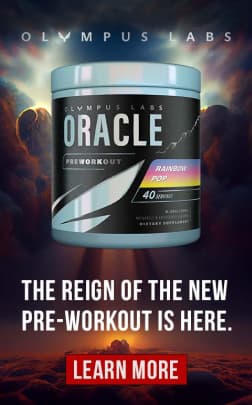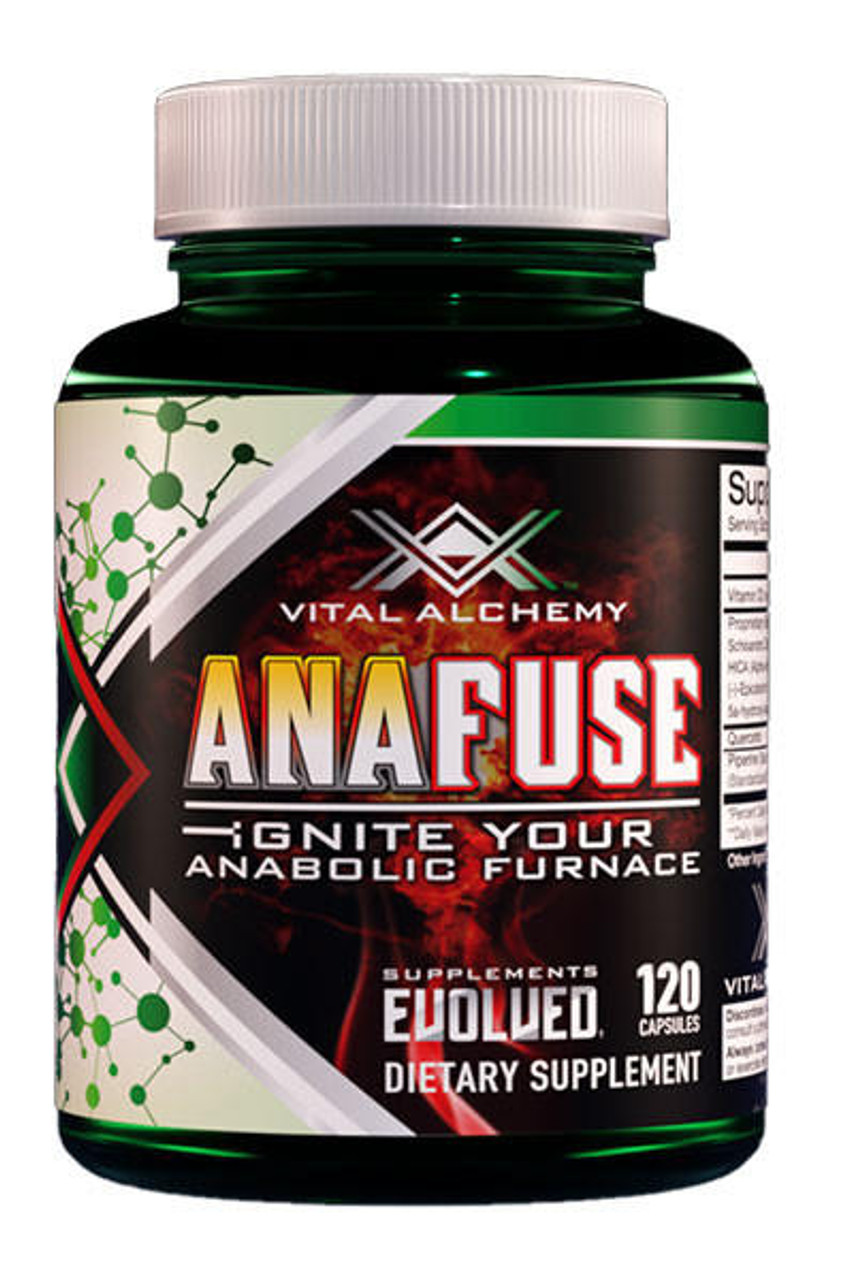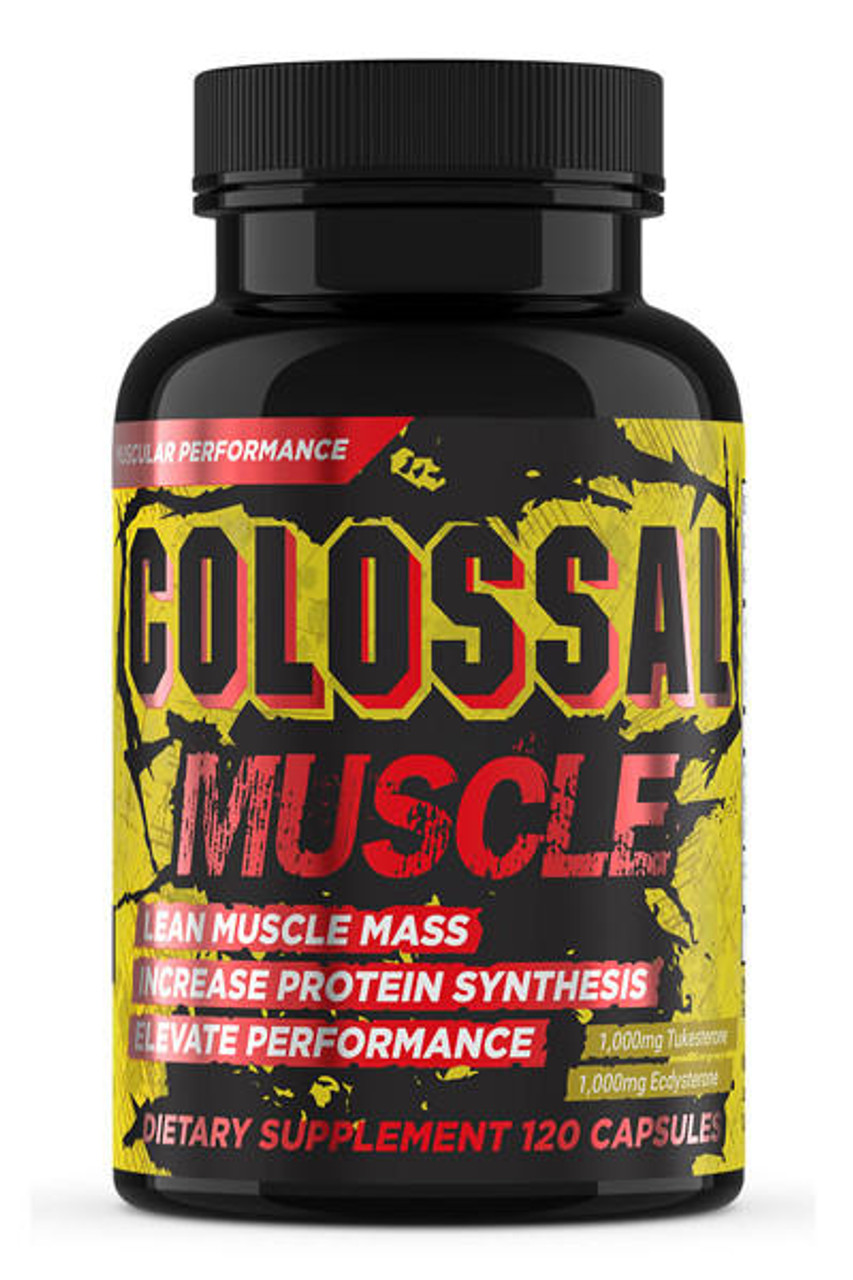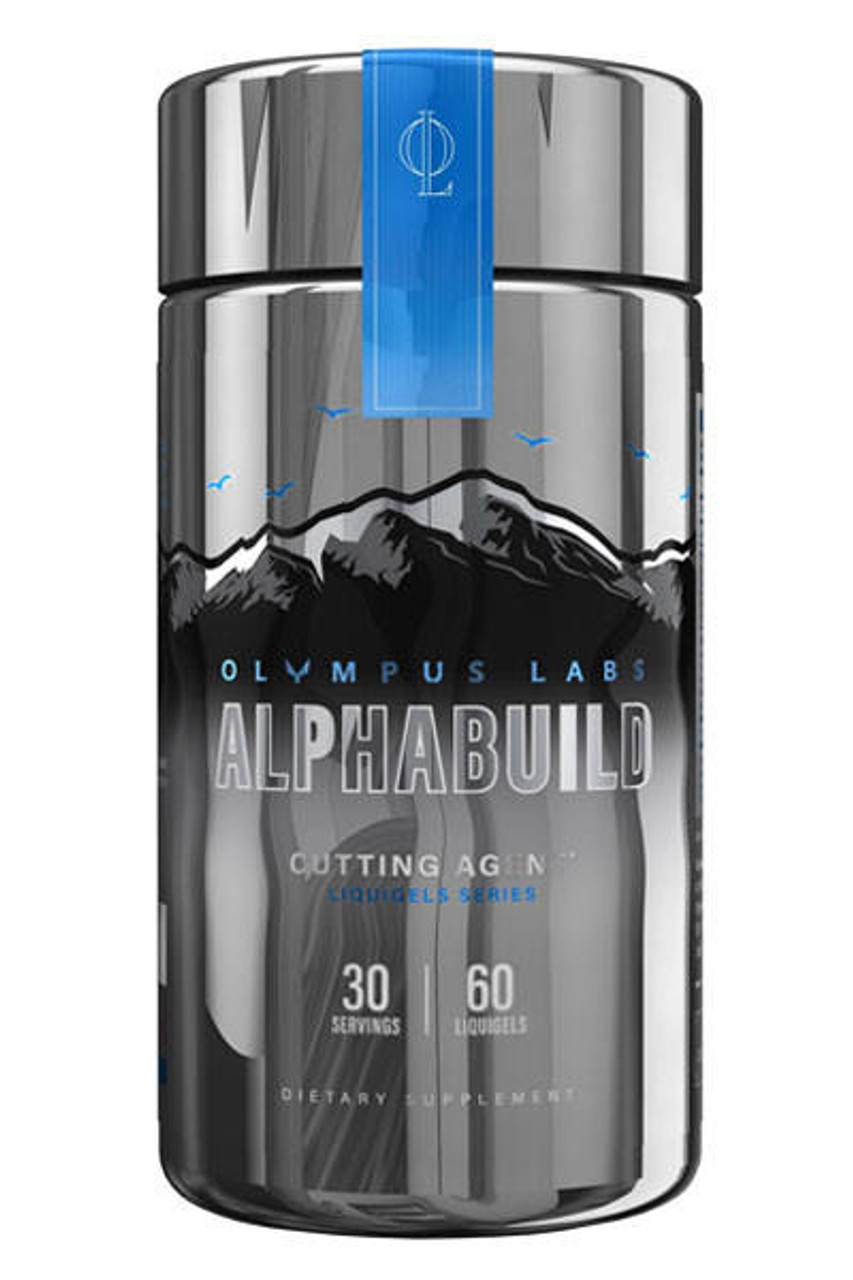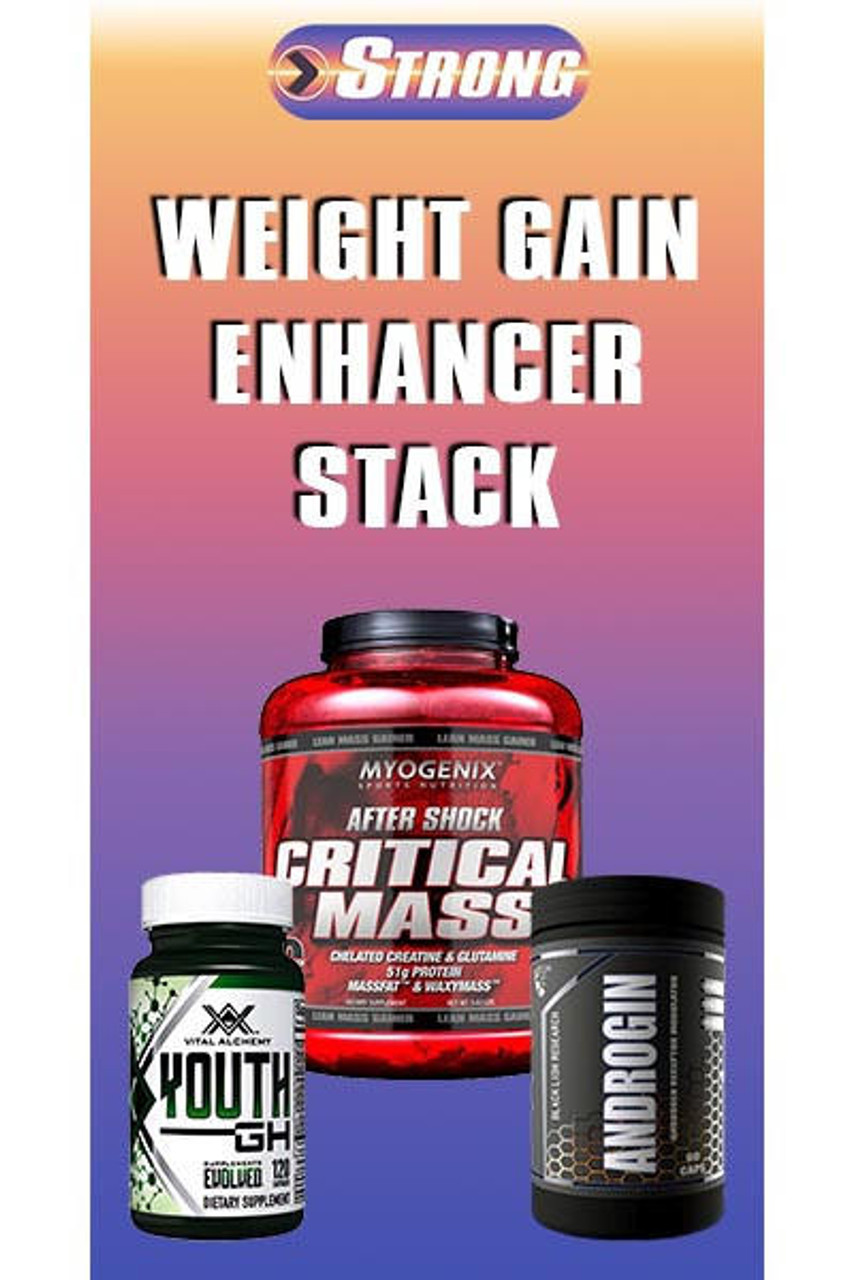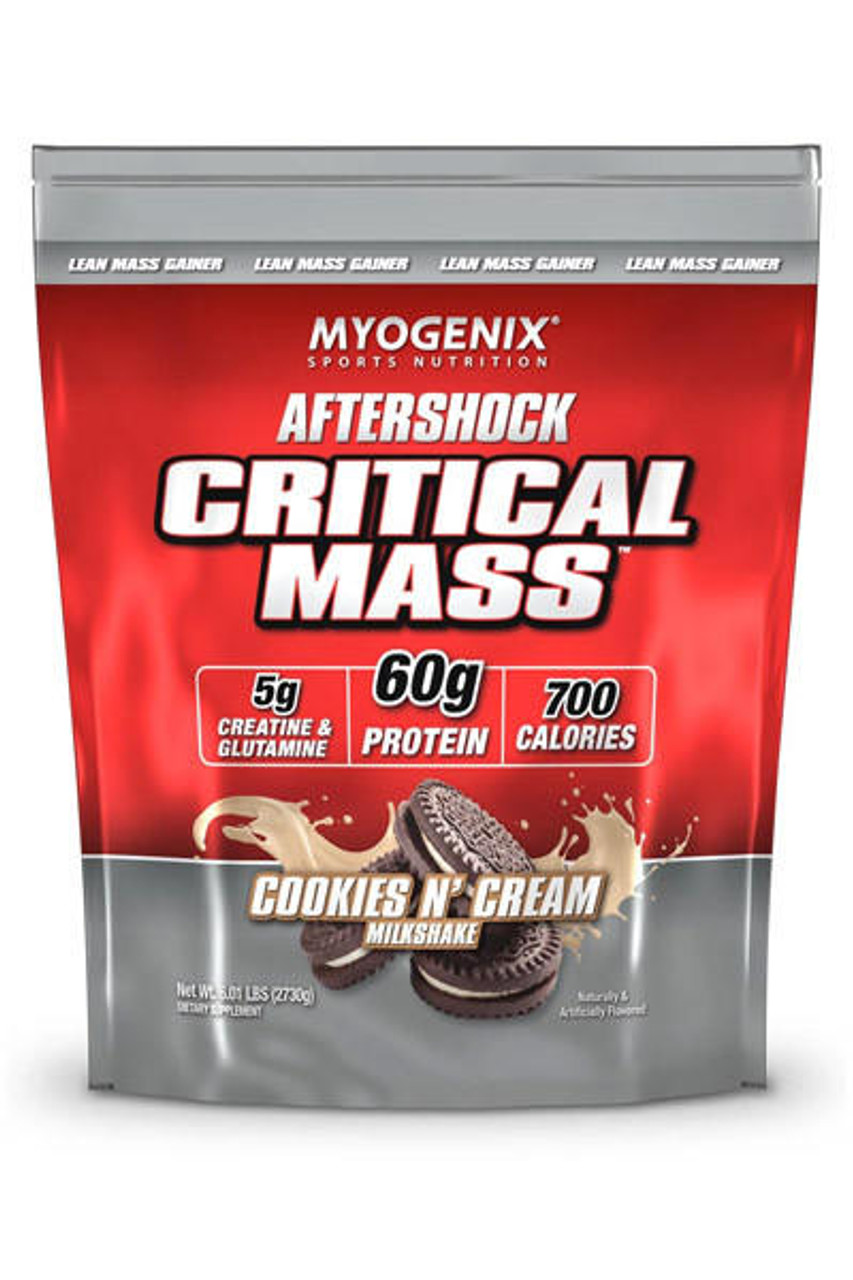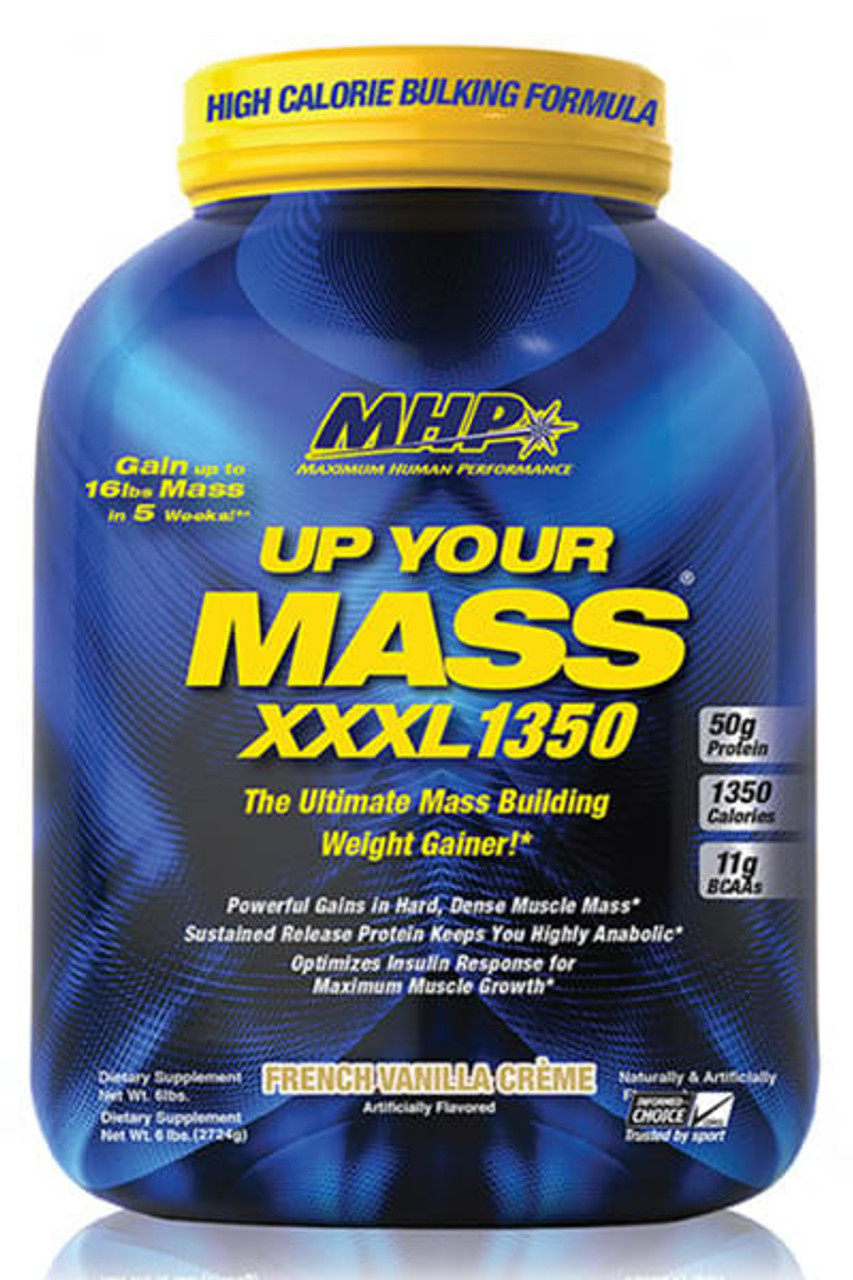Unveiling the Ray Peat Diet: Benefits, Foods Included, and More
Posted by Leonard Shemtob on May 01, 2024
The Ray Peat diet has gained significant attention in the health and wellness community in recent years. Developed by the renowned biochemist and nutritionist, Ray Peat, this approach to nutrition emphasizes the importance of balancing hormones, optimizing metabolism, and supporting overall well-being.
At its core, the Ray Peat diet focuses on consuming a diet rich in nutrient-dense, easily digestible foods that can help regulate the body's natural processes.
This includes a focus on consuming adequate amounts of carbohydrates, healthy fats, and high-quality proteins, while also incorporating specific supplements and lifestyle practices.
In this article, we'll dive into what the Ray Peat diet is all about. We'll talk about how to do it, practical implementation, and potential impact on overall health and well-being.
Whether you're just learning about this diet or you're already a fan, this guide will provide you with all the info you need to get started on your journey.
[Related Article] Unlocking the Power of Met Flex Diet: A Comprehensive Guide
Short Summary
Introduction to Ray Peat Diet: Learn about the Ray Peat diet, a nutrition approach emphasizing hormone balance and metabolism optimization.
Key Principles: Discover the core principles of the diet, including nutrient-dense foods and lifestyle practices.
Benefits: Explore the potential benefits, such as improved energy, mood, and hormonal balance, along with potential relief for certain health conditions.
Scientific Foundation: Understand the scientific basis behind the Ray Peat diet and how it can positively impact overall health and well-being.
Practical Implementation: Provides insights and tools for implementing the Ray Peat diet, making it accessible and actionable for readers of all backgrounds.
Ready to start your journey with the Ray Peat diet? Check out our top recommended supplements to support your health goals along the way.
- For Natural Muscle Builder: AnaFuse by Vital Alchemy
- For Mass Gain: AfterShock Critical Mass by Myogenix
Who was Ray Peat?
Before we dive into the details of the Ray Peat diet, let's take a closer look at the man behind this influential approach to nutrition and health.
Raymond 'Ray' Peat was born in 1936. Unfortunately, Peat passed away on November 24, 2022, at the age of 86.
Peat earned his PhD in biology, specializing in physiology, from the University of Oregon. Since the 1960s, he taught at various universities and conducted research, ultimately leading to the development of the widely acclaimed 'Ray Peat diet.'
His research primarily focused on the endocrine system and the hormones influencing energy expenditure and weight management. He began studying the role of progesterone in 1968 and later expanded his focus to include other crucial hormones, such as thyroid hormone and estrogen.
Understanding the Ray Peat Diet
At its core, the Ray Peat diet encourages the consumption of nutrient-dense foods that are easy for the body to digest and utilize.
This includes prioritizing carbohydrates from fruits, root vegetables, and dairy products, along with healthy fats like coconut oil and butter. Protein sources such as eggs, gelatin, and dairy are also encouraged.
One of the key principles of the Ray Peat diet is to minimize the consumption of polyunsaturated fatty acids and focus instead on saturated fats and monounsaturated fats. Additionally, Peat recommends avoiding processed foods, refined sugars, and vegetable oils.
The Ray Peat diet also focuses on the importance of improving thyroid function, as thyroid hormones are crucial for metabolism and overall health. To support thyroid health, the diet includes foods rich in thyroid-supportive nutrients like iodine, selenium, and vitamin A.
Ray Peat Diet Food List
The Ray Peat diet, as discussed in various sources, emphasizes specific food choices to support optimal thyroid function and cellular energy production.
While there isn't a rigidly defined "Ray Peat diet," certain foods are commonly recommended within this nutritional approach:
Root Vegetables: Opt for colorful vegetables like carrots, spinach, bell peppers, and tomatoes. These veggies provide essential nutrients while adding variety to your diet.
Fresh Fruits: Include plenty of fresh, ripe fruits such as berries, oranges, melons, and mangoes. These fruits are rich in antioxidants, minerals, and vitamins that improve overall health.
Dairy: Whole milk, yogurt, and cheese are encouraged for their calcium and protein content.
Eggs: Rich in essential nutrients and protein, eggs are a versatile and nutritious food.
Gelatin: Rich in collagen and amino acids, gelatin is often included in Ray Peat diet plans for its potential gut-healing properties.
Coconut Oil: A source of medium-chain triglycerides (MCTs), coconut oil is often recommended in the Ray Peat diet for its potential health benefits.
Butter: Rich in saturated fats and fat-soluble vitamins, butter is a preferred fat source in this diet.
Olive Oil: Consume extra virgin olive oil for its anti-inflammatory properties and heart-healthy benefits.
Coffee: Ray Peat suggests consuming coffee in moderation, as it may have benefits for metabolism and overall well-being.
Foods That Are Not Allowed on Ray Peat’s Diet
Polyunsaturated Fatty Acids (PUFAs): One of the key tenets of the Ray Peat diet is the strict avoidance of polyunsaturated fatty acids (PUFAs), which are commonly found in foods like conventional chicken, Vegetable Oils, and some fish. Peat believed these fats are high in omega-6 fatty acids and may promote inflammation when consumed in excess.
Gums and Additives: The Ray Peat diet also advises against the consumption of foods that contain gums, such as cream cheese, as these additives are believed to be problematic.
Maple Syrup: When it comes to sweeteners, Peat was generally wary of maple syrup, as he believed the heating process could create potentially toxic sugar-derived chemicals. However, he was more accepting of natural sweeteners like honey and cane sugar, as long as they were consumed in moderation.
Fatty Fish: Fatty fish like salmon, mackerel, and sardines are rich in omega-3 polyunsaturated fats and are typically consumed in moderation on the Ray Peat diet.
Soy Products: The Ray Peat diet usually suggests avoiding soy-based foods like tofu and soy milk. This advice is rooted in concerns about how these foods might affect hormone balance and thyroid function.
Benefits of the Ray Peat Diet
Metabolic health: The diet prioritizes foods that support thyroid function and a healthy hormonal balance, which can improve metabolism. It emphasizes readily available carbohydrates for energy production and discourages practices like calorie restriction that Dr. Peat believes can hinder metabolism.
Hormonal balance: By incorporating specific foods like sufficient protein, healthy fats, and essential nutrients, the Ray Peat diet may help regulate hormone production.
Anti-inflammatory effects: The diet is rich in fruits, vegetables, and good fats, which can contribute to reducing inflammation in the body.
Better Digestive Health: The emphasis on easily digestible foods in the Ray Peat diet may support digestive health and alleviate symptoms such as bloating and discomfort.
Increased Energy Levels: By prioritizing nutrient-dense foods and supporting hormone balance, the Ray Peat diet may help boost energy levels and combat feelings of fatigue.
Who Could Benefit from the Ray Peat Diet
The Ray Peat diet can be a good fit for individuals who:
Want to Support Hormonal Balance: If you're interested in supporting hormone balance, the Ray Peat diet focuses on foods that can help regulate hormones and promote overall well-being.
Seek Increased Energy Levels: If you often feel tired or sluggish, the Ray Peat diet's emphasis on nutrient-dense foods and metabolism support may help boost your energy levels.
Enhance Metabolic Function: For those looking to support their metabolism and energy production, the Ray Peat diet's focus on nutrient-dense foods and metabolic support may be beneficial in enhancing metabolic function and promoting overall well-being.
Need Support with Specific Health Conditions: Individuals dealing with conditions like thyroid dysfunction, chronic fatigue, or metabolic disorders may find relief by following the Ray Peat diet, as it focuses on addressing underlying hormonal imbalances and supporting metabolic function.
Want to Enhance Overall Well-Being: For those seeking overall improvements in health and vitality, the Ray Peat diet's holistic approach to nutrition may help enhance your overall well-being.
Pros and Cons of the Ray Peat Diet
Pros of the Ray Peat Diet
Emphasis on Minimally Processed Foods: One of the key positives of the Ray Peat diet is its emphasis on whole, minimally processed foods. While the diet may recommend some less conventional items like plain table sugar, orange juice, or Mexican Coke, the majority of the recommended foods are natural, unprocessed, and nutrient-dense.
Avoidance of Industrial Seed Oils: The Ray Peat diet's stance on avoiding industrial seed oils is another potential advantage. While mainstream nutrition has often considered some seed oils as "heart-healthy," emerging research has shown that these oils may be linked to obesity, overeating, and metabolic disorders.
By advocating for the avoidance of foods containing industrial seed oils, the Ray Peat diet helps exclude many ultra-processed modern foods that can be detrimental to health.
Animal-Based Protein: Although Ray Peat doesn't emphasize meat-based protein as strongly, he does suggest incorporating protein from animal sources such as dairy.
Unlike certain low-fat, plant-based diets that avoid animal protein entirely, Peat's approach acknowledges the nutritional value of complete proteins found in meat, seafood, and dairy. These sources provide all essential amino acids in one package.
Balanced Hormones: The Ray Peat diet focuses on supporting hormonal balance through nutrient-dense foods and lifestyle practices, which can lead to improved overall well-being.
Flexible Eating Plan: The Ray Peat diet offers flexibility in food choices, making it adaptable to different dietary preferences and restrictions.
Nutrient Density: The Ray Peat diet focuses on nutrient-rich whole foods, providing the body with a variety of essential vitamins, minerals, and antioxidants.
Balanced Blood Sugar: The diet's emphasis on a balance of carbohydrates, proteins, and fats may help maintain stable blood sugar levels.
Improved Digestion: The inclusion of gut-supportive foods like bone broth and gelatin may enhance digestion and nutrient absorption.
Cons of the Ray Peat Diet
Lack of Definitive Guidelines: The Ray Peat diet does not have a clearly defined set of rules or a structured meal plan, which can be confusing for beginners.
Restricts Certain Foods: The Ray Peat diet advises against or limits certain foods like processed foods and polyunsaturated fats, which may be challenging for some individuals to follow.
Potential Transition Challenges: Some individuals may experience difficulties during the initial transition to the diet, such as increased hunger, weight gain, and sensitivity to certain foods.
Individualized Approach: What works for one person on the Ray Peat diet may not necessarily work for another, as individual responses can vary significantly.
Blood Glucose and Insulin Management: One potential concern with the Ray Peat diet is its approach to blood glucose and insulin management. Peat's emphasis is on maintaining constant energy availability, particularly from refined carbohydrates, to avoid stressing the body. This contrasts with the ketogenic diet approach, which aims to minimize glucose and insulin by restricting carbohydrate intake.
While the Ray Peat diet prioritizes carbohydrate consumption, a more balanced approach may be to tailor carbohydrate intake to maintain glucose levels within a healthy range. For individuals seeking to lose weight, lowering glucose can be a helpful first step to allow the body to tap into stored fat.
However, completely eliminating glucose and insulin while giving dietary fat-free rein may not be optimal for hormonal function or long-term fat loss from the body.
Focus on Sugar: Peat advocates for incorporating glucose supplements as snacks and meals. While a small amount of glucose can be beneficial for someone managing diabetes to regulate blood sugar levels, consistent consumption of large quantities may lead to fluctuations in blood sugar.
Energy Density: Consuming ample carbohydrates and fats can lead to a high-calorie intake, especially if feelings of fullness are lacking and protein intake is low.
As a result, this way of eating can be quite energy-dense if not monitored closely. Since calories consumed must match calories burned, it's easy to inadvertently gain weight.
Protein Restriction and Potential Nutrient Deficiency: In addition to prioritizing carbohydrates and fats, adherents of Ray Peat's bioenergetics diet are advised to limit their consumption of high-protein foods, particularly those from animal sources.
Peat suggests that amino acids such as cysteine, methionine, and tryptophan may suppress thyroid function. Moreover, he cautions against the conversion of tryptophan to serotonin.
The emphasis in the Ray Peat diet on reducing protein intake could result in a lower overall protein intake, potentially leading to adverse effects.
Insufficient protein consumption may contribute to muscle loss, compromised immune function, and hindered recovery and repair mechanisms within the body.
Is There Scientific Evidence for the Ray Ppeat Diet?
As a scientist, Peat has conducted research on hormones and their relationship to diet. While there is some evidence supporting these concepts, they often diverge from mainstream nutritional advice.
The effectiveness of the Ray Peat diet remains uncertain, and the anecdotal success stories attributed to it are not universally accepted as evidence of its efficacy.
Although there is limited scientific backing for many of the claims made by proponents of the Ray Peat diet, nutrition expert Holley emphasizes that these foods are not necessarily harmful. However, the lack of robust scientific research raises questions about the diet's validity and efficacy.
Similar to other alternative dietary approaches, the Ray Peat diet presents a mixture of beneficial principles and questionable nutritional concepts.
Ultimately, while Peat's work has been influential in the field of nutrition and physiology, the scientific evidence directly supporting the Ray Peat diet is limited. Individuals considering this dietary approach should approach it with a critical mindset, and consult with healthcare professionals before trying this diet.
Does the Ray Peat Diet Provide Adequate Protein?
One concern with the Peat diet is whether it provides sufficient protein for the body's needs. Peat recommends limiting high-protein foods, which may lead to lower protein intake compared to other diets.
Peat's Viewpoint:
- The Ray Peat diet emphasizes carbohydrates and healthy fats, with moderate protein.
- It recommends at least 80 grams of protein daily, but not excessively more.
- Peat believes certain amino acids in high-protein foods, particularly animal sources, can suppress thyroid function.
Peat's Protein Recommendations in Practice:
- Protein Sources: The diet emphasizes protein from various sources, including:
- Dairy: Raw, unpasteurized milk, full-fat cottage cheese, and other dairy products are encouraged.
- Muscle Meats: While not a primary focus, moderate consumption of muscle meats like red meat and poultry is acceptable.
- Eggs: Eggs are considered a valuable source of protein and other nutrients.
- Liver: The liver is praised for its rich nutrient profile, including protein.
- Collagen: Peat highlights the importance of collagen, found in bone broth and gelatin-rich foods.
The debate around protein adequacy in the Ray Peat diet underscores the need for individuals to assess their protein requirements based on factors like age, activity level, and overall health goals.
While the diet offers a range of protein sources, including dairy, muscle meats, and seafood, the optimal protein intake may vary from person to person. Consulting with healthcare professionals or dietitians can help individuals determine whether the protein content in the Ray Peat diet aligns with their specific nutritional needs.
Supplement Support on the Ray Peat Diet
Muscle Builders
Mass Gain Enhancers
Best Natural Muscle Builders
1- AnaFuse by Vital Alchemy
Introducing Anafuse by Vital Alchemy, a new product designed to support muscle building.
Anafuse is a Dual Agent Bulking Stack that aims to help users add muscle mass and maintain it.
The product features a combination of anabolics that work together to enhance muscle building, with the goal of adding lean hard muscle mass without negative side effects.
Key Benefits
- Anafuse provides a comprehensive formula that includes all the necessary factors for muscle growth.
- It improves your mass gains.
- It reduces body fat.
- It increases muscle hardness and endurance.
- It boosts strength.
- It supports muscle recovery.
Key Ingredients
- Epicatechin
- Ajuga Turkestanica
- Eriobotrya Japonica
- Vitamin D3
- Quercetin
Customer Reviews
 Excellent product
Excellent product
"I have been taking this for a week now and have already seen an increase in size without any water weight. My workouts have been more intense as i am finding it harder to wear myself out."
-Brandon A.
 Great results
Great results
"This product produces excellent results, that you’ll quickly notice within weeks. My focus and strength are doubled while I’m on this product!"
-Micah H.
 AnaFuse
AnaFuse
"If you want that extra edge on top of your pre-workout than this is the product for you! This in conjunction with a pre-workout increases your mental focus and strength. You will feel like you can be in the gym all day!"
-Blasian
2- Colossal Muscle by Hard Rock Supplements
Discover a natural approach to enhancing muscle size and strength with Colossal Muscle by Rock Hard Supplements. This innovative supplement features two potent ingredients, one of which was the subject of a 10-week study demonstrating substantial increases in muscle mass and strength among participants.
Colossal Muscle stands out as the only supplement to combine these two ingredients in the specific doses provided. With Colossal Muscle, you can expect benefits such as improved muscle growth, increased strength, enhanced endurance, and elevated protein synthesis.
Key Benefits
- It increases muscle building.
- It enhances endurance.
- It boosts strength and power.
- It improves fat loss.
- It promotes your overall performance.
Key Ingredients
- 20-Hydroxyecdysone
- Uzbekistan Ajuga Turkestanica
Customer Reviews
 More Muscle
More Muscle
"After stacking COLOSSAL MUSCLE & SAPOGENIX together since I purchased them both a couple days ago from Strong Supplement Shop I'ma tell'ya they both work,just straight muscle and taking them seperate does put on muscle but I just like stacking to get better results and the pumps/hardness stays.I was skeptical at first but these two are good products if you want to pack on muscle and see results at my age of 52"
-Chisholm
 On second bottle
On second bottle
"First bottle was great - took a little to see the resutlts but then they hit and you are like yes im loving it! just started my second bottle - thanks!"
-HK
 Colossal muscle
Colossal muscle
"Was definitely a little weary about this product being new to the market. I gave it a try and it took about 3 weeks but results started coming. I bought 2 bottles so very interested to see how the second bottle works. Will come back in 30 more days to give a follow up."
-Stu
3- AlphaBuild by Olympus Labs
AlphaBuild is formulated to target the body's signaling molecules that regulate muscle growth and fat-burning processes. This multi-faceted formula aims to enhance muscle-building potential and promote fat loss through various pathways.
AlphaBuild works by inhibiting Myostatin, enhancing mitochondrial biogenesis and output, improving energy production and exercise performance, boosting insulin sensitivity, and amplifying the signaling molecule cAMP, known for its anabolic and thermogenic effects."
Key Benefits
- It increases muscle protein synthesis.
- It enhances ATP production.
- It boosts lean muscle growth.
- It improves fat oxidation.
- It increases lipolysis.
- It accelerates muscle recovery.
- It supports anabolic signaling.
Key Ingredients
- Epicatechin PhytoFUSETM
- Epicatechin
- α-Ionone
- Abscisic Acid
- Chromium Picolinate
Customer Reviews
 A truly great product
A truly great product
"One of the best aspects of this supplement is the pump/fullness you feel almost constantly. Even without a pre workout this stands well on its own. Still have around two weeks left and I’m down 3.5 pounds with strength still increasing. If you’re hesitant on buying it just pull the trigger and do it, it’s worth it."
-Matthew B.
 Loving it so far..
Loving it so far..
"I started it last Saturday. Did chest yesterday. Massive pump. Enjoying so far, full review coming soon."
-Josh S.
 Thermogenic and Muscle Fullness
Thermogenic and Muscle Fullness
"Today makes day 5 of dosing so I’d say I’m fully saturated. This is what I have so far for opinions:
Not sure of the intended thermogenic effects but I’m def sweating a lot more for the durations of my sessions.
Increased pump which has a secondary effect of increased feelings of muscle density throughout the day."
-Thomas U.
Mass Gain Enhancer
1- Weight Gain Enhancer Stack
The combination of Aftershock Critical Mass, Youth GH, and Androgin creates a powerful synergy to support weight gain, muscle development, and enhanced recovery for individuals looking to bulk up.
This Weight Gain Enhancer Stack is specifically formulated to assist users in achieving their mass-gaining goals efficiently and effectively.
Key Benefits
- It supports healthy weight gain.
- It enhances appetite.
- It increases energy levels.
- It boosts muscle growth.
- It speeds up muscle recovery.
- It enhances strength.
2- AfterShock Critical Mass by Myogenix
Myogenix AfterShock Critical Mass Milk Shake is a lactose-free weight gainer that contains chelated creatine and glutamine. Each serving provides 52 grams of protein, along with unique mass-building ingredients like MassFat and WaxyMass.
AfterShock Critical Mass incorporates two exclusive mass-building components: MassFat and WaxyMass. MassFat combines healthy fats to support anabolic processes and promote lean muscle growth. WaxyMass is a specialized carbohydrate with a high molecular weight, designed to rapidly deliver nutrients to your muscles where they are needed most.
Key Benefits
- Lactose-free formula suitable for individuals with lactose intolerance
- Provides 52 grams of protein per serving to support muscle growth and repair
- Contains chelated creatine and glutamine for enhanced muscle recovery
- Unique mass-building ingredients MassFat and WaxyMass promote lean muscle gains
- MassFat combines healthy fats to support anabolic processes
- WaxyMass delivers nutrients rapidly to muscles for optimal growth and recovery
Customer Reviews
 my phenix after shock
my phenix after shock
"This product I love it does what ist made for!! Good high quality protein use after each workout , and I feel good taste great too!! I'd recommend this for anyone!! Looking for a tasty and good quality protein."
-mannie
 Highly recommended
Highly recommended
"Cookies and Cream, hands down, best tasting protein I've ever had. I bet I have tried at least 20 different kinds. It's the best. Also, some weight gainers upset my stomach, but this one doesn't. It contains chelated creatine (bonds to magnesium) rather than monohydrate (bonds with water). It is argued that this leads to better absorption and less bloating. Now I don't know if that's true, but I do know that this product didn't make my stomach hurt. I WILL take this again."
-Big L.
 Outstanding, helps gain some mass back without any fat
Outstanding, helps gain some mass back without any fat
"Even at age 54, this product and hard work helped me gain back 10 lbs of ***********, without adding any fat. Also tastes great and mixes easily. Highly recommended."
-Tim
3- Up Your Mass XXXL 1350 by MHP
MHP's UP YOUR MASS XXXL 1350 is a calorie-dense weight gainer designed to support muscle growth and recovery. Each serving provides 1350 calories, including 50 grams of protein from various sources, to aid in building muscle mass and enhancing strength.
The protein blend includes fast-acting and sustained-release proteins such as whey protein concentrate, whey protein isolate, hydrolyzed whey protein, micellar casein, and milk protein, ensuring both immediate and prolonged nitrogen retention benefits.
The Mass Load™ Complex Carbs component supplies 250 grams of complex carbohydrates from sources like microparticulate maltodextrin, sweet potato, oat fiber, and quinoa. Additionally, functional fats such as MCTs, EFAs, and CLA are included to provide essential nutrients for overall health and well-being.
Key Benefits
- Packs on lean muscle mass
- Promotes healthy mass gain and helps achieve the desired body composition
- Accelerates post-workout recovery
- Fuels muscle repair and growth
- Replenishes glycogen stores
- Supports lean muscle mass growth with whey protein isolate and whey peptides
- Helps in recovery and reduces muscle soreness with BCAA amino acids
FAQs: Ray Peat Diet
Q: What are the key principles of the Ray Peat diet?
A: The diet focuses on consuming nutrient-dense foods that are easy to digest, including carbohydrates, healthy fats, and high-quality proteins. It also emphasizes supporting thyroid health and minimizing the consumption of processed foods and polyunsaturated fats.
Q: Does the Ray Peat diet provide enough protein?
A: The Ray Peat diet tends to focus less on protein and more on carbohydrates and fats. While it includes some protein from sources like dairy, individuals may need to ensure they are getting enough protein to support muscle health and other bodily functions.
Q: Is the Ray Peat diet sustainable for long-term use?
A: The sustainability of the Ray Peat diet depends on individual preferences, lifestyle, and health goals. Some people may find it challenging to maintain over time, while others may adapt to it and make it a sustainable part of their lifestyle with careful planning and dedication.
Q: Is the Ray Peat diet backed by scientific research?
A: While some aspects of the Ray Peat diet are supported by scientific evidence, the diet as a whole may lack extensive empirical validation.
Conclusion
In conclusion, the Ray Peat diet is a nutritional approach that emphasizes the importance of balancing hormones, optimizing metabolism, and supporting overall well-being.
By focusing on nutrient-dense foods like fruits, vegetables, dairy, and healthy fats, along with specific lifestyle practices, the diet aims to regulate hormone production and improve metabolic health.
While the diet offers potential benefits such as increased energy, hormonal balance, and anti-inflammatory effects, it may not be suitable for everyone, and individual responses can vary.
It's essential to consider personal preferences, and dietary needs, and consult with a healthcare expert before making significant dietary changes.
Sources:
https://health.usnews.com/wellness/food/article/wh...
https://optimisingnutrition.com/ray-peat-diet
https://www.nutritionwithjudy.com/thoughts-on-ray-...
https://biochemnordic.com/ray-peat-diet-thyroid
https://www.sportskeeda.com/health-and-fitness/the...
https://www.ncbi.nlm.nih.gov/pmc/articles/PMC70712...
Image credit: Youtube / Ray Peat
Written and Sponsored by Leonard Shemtob
Leonard Shemtob is President of Strong Supplements. Leonard has been in the supplement space for over 20 years, specializing in fitness supplements and nutrition. Leonard appears on many podcasts, written over 100 articles about supplements and has studied nutrition, supplementation and bodybuilding.
Leonard's articles have been published in many top publications around the web. Leonard enjoys weight training, playing basketball and yoga, and also enjoys hiking. In his free time he studies and works on improving himself. For more detailed information, visit his official blog.

